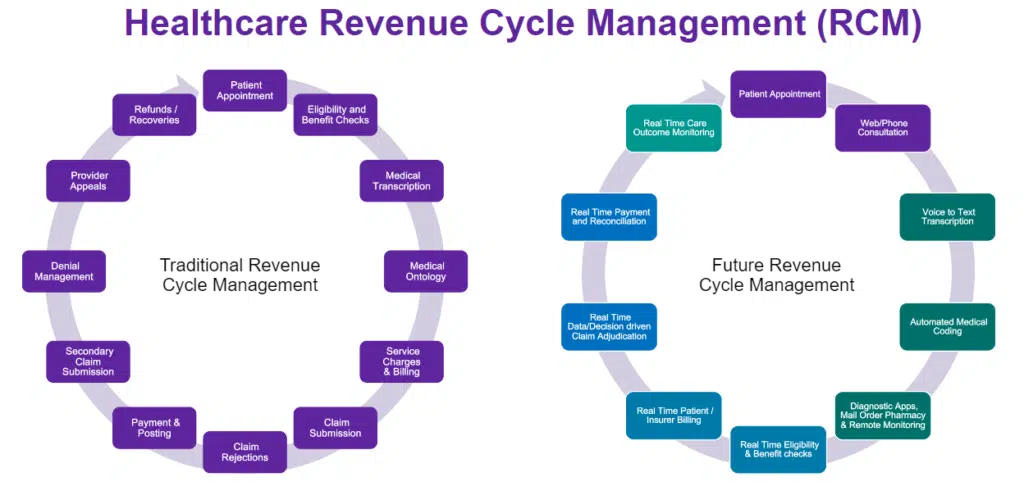Selecting the right healthcare provider is one of the most significant decisions you can make for your health and well-being. With a myriad of options available, it can be overwhelming to determine which provider will best meet your specific needs. This guide aims to simplify the process by outlining key factors to consider when choosing a healthcare provider, ensuring that you make an informed decision that aligns with your health goals.
Understanding Your Healthcare Needs

Before you begin your search for a healthcare provider, it’s essential to assess your specific health requirements. Ask yourself:
- What type of care do I need? Are you looking for routine check-ups, specialized care for a chronic condition, or mental health support?
- Do I have any preferences regarding the provider’s gender or cultural background? Personal comfort can significantly impact your healthcare experience.
- What is my budget? Consider whether you have insurance and what coverage it provides.
Key Factors to Consider

- Qualifications and Credentials
- Verify the provider’s education, training, and certifications. This information is often available on their practice’s website. Ensuring they are licensed and accredited is crucial for receiving quality care.
- Experience and Specialization
- Look for providers who specialize in your specific health concerns. For instance, if you have diabetes, seek out an endocrinologist with a strong track record in managing this condition.
- Reputation and Reviews
- Research online reviews and testimonials from other patients. Websites like Healthgrades or Yelp can provide insights into patient experiences and satisfaction levels.
- Communication Style
- Effective communication is vital in a healthcare relationship. Choose a provider who listens attentively, explains treatment options clearly, and encourages questions.
- Accessibility and Location
- Consider the convenience of the provider’s location and office hours. A nearby clinic with flexible hours can make it easier to keep appointments.
- Insurance Compatibility
- Confirm that the provider accepts your health insurance plan to avoid unexpected costs. Many patients prioritize this factor when selecting a provider.
- Approach to Preventive Care
- Inquire about the provider’s philosophy on preventive care, such as regular screenings and vaccinations. A proactive approach can help you maintain better health over time.
- Telehealth Options
- With the rise of digital health services, check if the provider offers telehealth consultations. This option can be particularly beneficial for busy individuals or those with mobility issues.
- Office Environment and Staff
- Visit the office if possible to gauge the atmosphere and professionalism of the staff. A welcoming environment can enhance your overall experience.
- Personal Recommendations
- Seek referrals from family, friends, or other trusted sources who have had positive experiences with their providers.
Also Read : Health News Roundup: Key Developments In Medicine
Conclusion
Choosing the right healthcare provider is a crucial step toward achieving optimal health outcomes. By considering your specific needs, researching potential providers, and prioritizing factors such as communication and accessibility, you can find a healthcare professional who will support you on your health journey. Remember that you are an advocate for your own well-being; trust your instincts and don’t hesitate to seek out a different provider if something doesn’t feel right.
FAQs
1. What should I do if I’m not satisfied with my current healthcare provider?
- If you’re unhappy with your current provider, consider discussing your concerns directly with them or seeking a new provider who better meets your needs.
2. How can I verify a healthcare provider’s credentials?
- You can check their licensing status through state medical boards or professional organizations related to their specialty.
3. Are online reviews reliable when choosing a healthcare provider?
- While online reviews can provide insights into patient experiences, they should be considered alongside other factors such as credentials and personal recommendations.
4. How important is it that my healthcare provider accepts my insurance?
- It is very important; choosing a provider who accepts your insurance helps manage costs and ensures that you receive covered services.
5. What types of healthcare providers are available?
- Options include primary care physicians, specialists (e.g., cardiologists, endocrinologists), nurse practitioners, physician assistants, and mental health professionals.
6. How do I find out about a provider’s experience in treating specific conditions?
- You can ask the provider directly during an initial consultation or look for information on their practice website regarding their areas of expertise.
7. What questions should I ask during my first appointment?
- Inquire about their approach to treatment, how they handle emergencies, their views on preventive care, and how they communicate with patients.
8. Can I switch providers if I feel uncomfortable?
- Yes! It’s important to feel comfortable with your healthcare provider; switching is always an option if you’re not satisfied.
9. What role does preventive care play in my overall health?
- Preventive care helps detect potential health issues early on and encourages healthy lifestyle choices, reducing the risk of serious conditions later.
10. How do telehealth services work?
- Telehealth services allow you to consult with healthcare providers via video calls or phone calls, making it convenient for follow-up visits or minor health issues.





